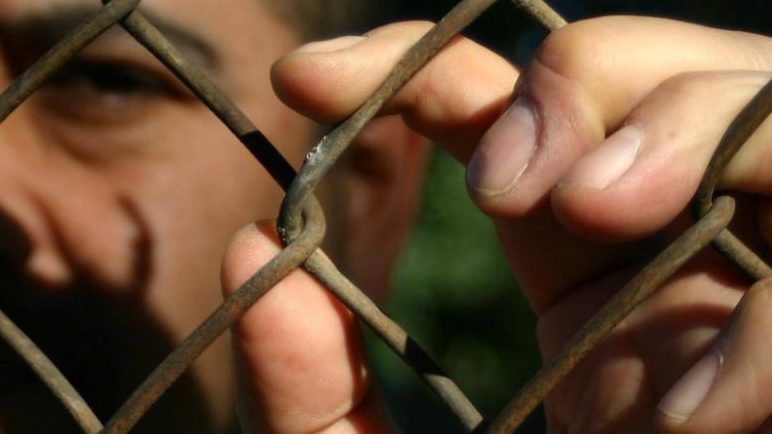
Defining precisely who is a political prisoner and who is not is a matter of debate, but at the present time, at least 2,000 political opponents of the Putin regime are being persecuted by the regime and are confined in prisons or camps, according to Petr Losev, the editor of the independent Prison Courier monthly.
The activist is producing Tyuremny vestnik largely by volunteers to make sure that as many of these people not only could be identified and their addresses supplied to others who would then write to them or work on their behalf but also ensure that the prisoners themselves are kept informed of news from the outside.
In an interview with the Important Stories portal, Losev says that every month he sends into the Russian prison system 250 to 300 copies, about half of which reach their addressees but all of which that do are regularly shared with many others and generate an active correspondence back (istories.media/stories/2023/10/16/tyuremnii-vestnik/).
He says he would like to expand his print run up to 999, the largest number permitted an independent publication without having to register with the state, so that he could at least reach the 984 individuals in the journal’s data base. But he has had difficulty raising money. Each issue costs about 600 US dollars to print and mail, and doing more would cost more.
At present, Losev himself is out of work because no one will hire him given his activities as editor of the journal. But he hopes to press one because his work helps so many. He and his associates have launched a companion project, Freedom of Correspondence, to force prison officials to allow mail to reach prisoners.
Amazingly, he says, when his group has gone to court, the courts have sided with his position; and as a result, many more prisoners are getting not just the Prison Courier with its news and contacts but also all their mail, something that was not previously the case for many of them.
In order to avoid the confiscation of the two journals, he and his colleagues write every article carefully so that it doesn’t set off the alarm bells of censorious prison officials. Sometimes the journal’s writers are able to communicate a lot by posing questions or by putting several articles next to each other, each of which is anodyne but together explosive.
This is the kind of civil society effort that currently is below the radar screen of most who assess Russia in terms of that, but it is important as anyone who visits the portal of the monthly journal can see (tvestnik.ru/).
This post was originally published on this site be sure to check out more of their content.






